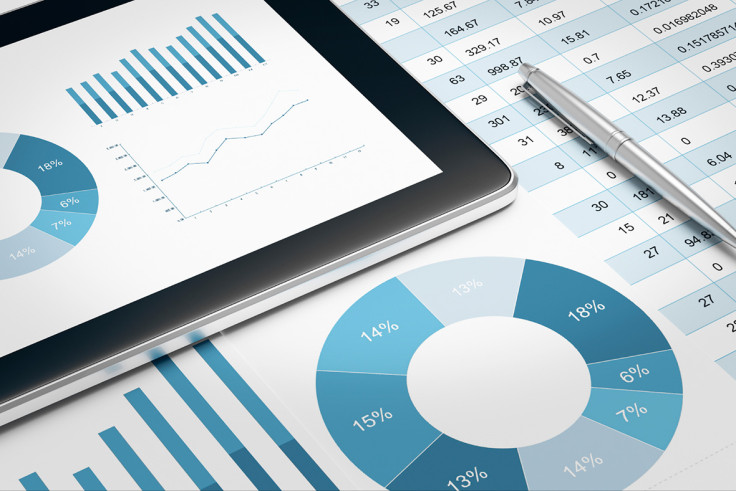Budget 2016: UK GDP growth revised down to 2% in 2016 and 2.2% in 2017

The UK economy remains on steady footing, but is now forecast to expand at a slower rate than originally expected, Chancellor George Osborne said on Wednesday (16 March).
In his Budget speech, the chancellor revealed the UK economy is now expected to grow 2% this year, compared with a previous 2.4% forecast in November 2015. The Office for Budget Responsibility (OBR), the government's fiscal watchdog, has also cut its growth forecast for 2017 to 2.2% from November's 2.5% expectations. The UK economy, Osborne added, is expected to grow 2.1% in each year between 2017 and 2019.
In February, the Bank of England said it expects the British economy to grow 2.2% in 2016 and 2.3% in the following 12 months, while the International Monetary Fund forecast growth of 2.2% in both years.
Britain's economy has expanded for the last 12 consecutive quarters and, according to estimate from the Organization for Economic Cooperation and Development, is on track to be the fastest growing economy in the G7 this year.
OPINION: If George Osborne really cares about national debt, tax avoidance must be a priority
The chancellor warned that the outlook of the global economy was materially weaker. The OBR highlighted weak growth in developed countries and slowing growth in emerging markets such as China as the main reason behind the slowdown.
Concerns about productivity growth and the implementation of looser monetary policy in the eurozone and Japan were also blamed for the volatility in the markets, Osborne said. Citing the recent uncertainty that has surrounded the British economic landscape since the Brexit referendum was announced, the chancellor told MPs that leaving the European Union would be damaging for the UK economy.
He added the OBR has pronounced itself on the EU referendum indicating a Brexit could have "negative implications" and cause "disruptive uncertainty".
Osborne said the government aims to cut spending to 36.9% of GDP by end of the decade – the same as what the government raises through taxation, adding the government was spending 45% of GDP in 2010 and in the last parliament the government reduced that to 40%.
Meanwhile, in cash terms, both the nominal size of the economy and the national debt are lower than forecast, meaning debt as a percentage of the GDP is higher, but it is lower in cash terms.
Debt is now forecast to be 82.6% of GDP next year, followed by 81.3% in 2017/18, then 79.9% in 2018/19, then 77.2% in 2019/20 and 74.7% in 2020/21. Osborne added the deficit was forecast to be 2.9% next year, followed by 1.9% in 2017/18 and 1% in 2018/19 compared with 11.1% when he took office.
© Copyright IBTimes 2025. All rights reserved.






















